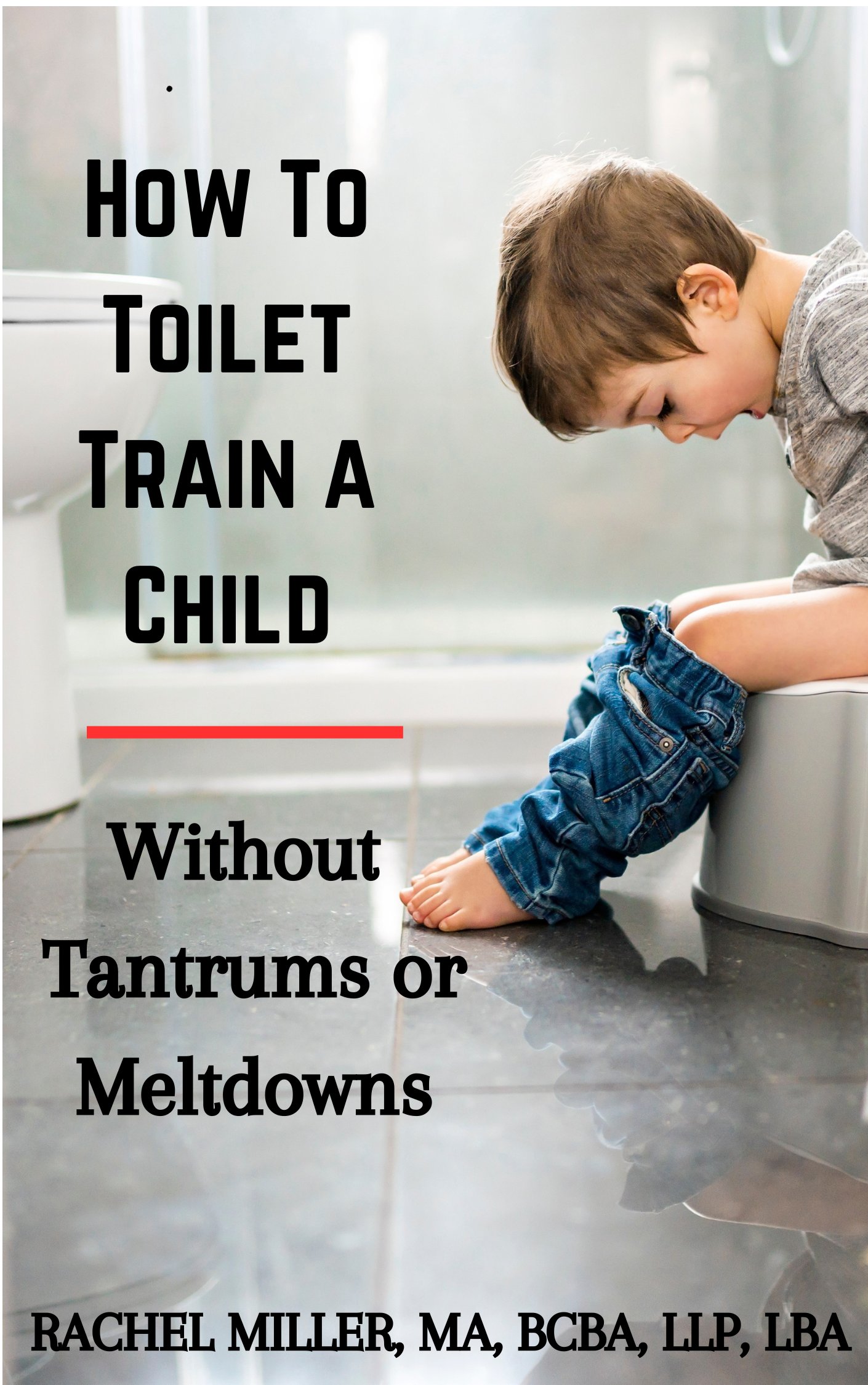How to Improve Poor Listening Skills in Children:
Strategies That Work
Listening is one of the most important life skills a child can develop, yet it often doesn’t come naturally. Many parents struggle with how to improve poor listening skills in children, especially those with conditions like ADHD, autism spectrum disorder (ASD), or auditory processing disorder (APD). Fortunately, with consistent practice, positive reinforcement, and structured strategies, it is possible to strengthen your child’s listening, attention, and memory skills over time.
In this comprehensive guide, we’ll explore effective techniques and activities to improve poor listening skills in children, including tips for parents, fun games, diet suggestions, and therapeutic tools like applied behavior analysis (ABA).
Understanding Poor Listening Skills in Children
Children who struggle with listening may frequently seem distracted, miss instructions, or have trouble following through with tasks. In some cases, these behaviors are linked to developmental disorders such as:
- Auditory Processing Disorder (APD) – where the brain struggles to process and interpret sounds correctly.
- Attention Deficit Hyperactivity Disorder (ADHD) – which affects attention, impulse control, and focus.
- Autism Spectrum Disorder (ASD) or Pervasive Developmental Disorders (PDD-NOS) – which often impact communication, social interaction, and listening comprehension.
For children with these or similar challenges, listening is not just a passive activity. It's a learned behavior that must be actively taught, reinforced, and nurtured.
Games and Activities to Improve Active Listening Skills for Kids

One of the most effective ways to help children improve listening is through structured play. Here are some fun and engaging games that boost attention, focus, and auditory processing:
Active Listening Games
- Simon Says – Great for teaching children to listen carefully before acting.
- Red Light, Green Light – Encourages children to control impulses and listen for verbal cues.
- What Time Is It, Mr. Fox? – Promotes focus and anticipation.
- Telephone – Helps improve auditory memory and processing.
You can boost motivation by offering small rewards or praise for good listening behavior during these games.
Board Games That Support Listening Skills
Board games provide opportunities for turn-taking, instruction-following, and attention to detail. Good options include:
- Junior Trivial Pursuit
- Balderdash
- 20 Questions for Kids
- Brain Quest Board Game (Grades 1–6)
These games also support vocabulary development, critical thinking, and auditory comprehension.
Social Story Video for Following Directions and Listening
A powerful tool to improve listening is the use of social stories—short, illustrated narratives designed to teach specific skills. Social stories are particularly effective for children with autism, ADHD, and auditory processing difficulties.
One highly recommended video resource is the Brave Kid Adventures YouTube channel, which features engaging social stories for children. Their video titled “Following Directions & Listening | Social Story for Kids” is an excellent choice for helping children understand the importance of listening and following directions in everyday situations.
This video:
- Uses clear visuals and language.
- Models real-life scenarios.
- Reinforces expected behaviors in a child-friendly format.
You can incorporate this video into your daily routine as part of a morning routine or after-school cool-down. Watching consistently helps reinforce key messages about listening and attention.
How to Speak So Your Child Will Listen
Improving poor listening skills also depends on how adults communicate with children. Follow these simple strategies to enhance your child’s listening response:
- Eliminate Distractions – Turn off the TV, remove objects from your child’s hands, and create a quiet space for communication.
- Gain Attention Physically and Verbally – Approach your child, gently touch their shoulder, say their name, and make eye contact.
- Model Eye Contact – This nonverbal behavior reinforces attentive listening.
- Ask for Repetition – Have your child repeat what you just said to ensure understanding.
- Offer Praise – Consistently reward good listening with verbal praise like “Great job listening!” or “I love how you paid attention just now.”
Even children diagnosed with autism or other developmental disorders can benefit from these methods when practiced consistently and with patience. Incorporating them into an ABA therapy plan can further enhance their effectiveness.
Additional Strategies to Support Better Listening
Improving your child’s listening skills involves more than just games and conversation. Consider the following long-term strategies for holistic support:
1. Check Hearing Regularly
Poor listening could be due to undetected hearing loss. Schedule regular hearing tests with a pediatric audiologist, especially if your child shows limited reaction to loud sounds or verbal instructions.
2. Model Active Listening
Children learn by example. When your child speaks, make direct eye contact, nod, and repeat part of what they said. Encourage them to mirror this behavior when you are speaking.
3. Read Together Daily
Reading to your child enhances language development and trains their brain to follow narratives. Ask questions about the story to promote critical thinking and active listening.
4. Engage in Daily Conversations
Talk about your day, your child’s day, and plans for tomorrow. These discussions require your child to listen, understand context, and engage in two-way communication. Bonus: this also teaches the concepts of past, present, and future.
5. Limit Screen Time
Too much television or video game use may condition your child to expect fast-paced, ever-changing stimuli. This can make real-life conversations seem slow and less engaging. Limiting screen time can help improve focus and listening endurance.
6. Monitor Diet: Reduce Sugar and Caffeine
Excessive sugar or caffeine can lead to hyperactivity, followed by crashes that make it even harder for your child to focus and listen. A balanced, whole-food diet supports better brain function and energy levels.
7. Consider Omega-3 Supplements
Omega-3 fatty acids, particularly DHA, are known to support cognitive function, attention, and memory. Talk to your pediatrician before starting any supplements.
Advanced Tools: Integrative Listening Systems
For children with more significant auditory or sensory challenges, programs like Integrative Listening Systems (iLs) can be highly beneficial. This therapy uses specially designed music and equipment to stimulate the brain, enhance sensory integration, and improve true listening abilities. It's often used in combination with occupational therapy or ABA for children with autism or APD.
Consistency Is Key
The journey to better listening skills doesn’t happen overnight. It takes repetition, patience, and a structured approach. By using a combination of play-based learning, communication strategies, nutritional support, and therapy when needed, you can make a big difference in your child’s listening and attention capabilities.
Remember, every child is different. What works for one may not work for another. The key is to stay consistent, stay positive, and celebrate progress—no matter how small.
Final Thoughts
If you’re wondering how to improve poor listening skills in your child, start small and be consistent. Whether your child has ADHD, autism, or simply struggles with attention, these tools and strategies can create lasting improvement. Encourage, praise, and support your child every step of the way.
For further help, consider consulting a child psychologist, speech-language pathologist, or occupational therapist who specializes in communication and auditory development.
Return to School Behavior page
If you haven't already, be sure to check out my ebooks, now on Amazon!

